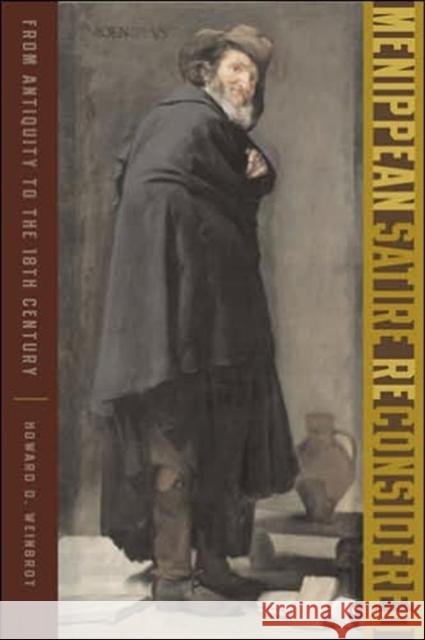Menippean Satire Reconsidered: From Antiquity to the Eighteenth Century » książka
Menippean Satire Reconsidered: From Antiquity to the Eighteenth Century
ISBN-13: 9780801882104 / Angielski / Twarda / 2005 / 400 str.
Despite the long history of Menippean satire, from antiquity through the early modern era in Europe and up to the present, the genre often has resisted precise definition and has evoked critical controversy. In this magisterial work, Howard D. Weinbrot offers a new and lucid account of this complex literary category. He argues that in the wake of twentieth-century critics, notably Frye and Bakhtin, Menippean satire has been too broadly associated with -philosophic ideas- expressed in dialogic voices or languages. He proposes instead a set of more rigorous but still fluid criteria incorporating several key elements: the use of varied historical periods, voices, languages, or genres that challenge a threatening orthodoxy; an outcome either of failure and the satirist's renewed anger or of resistance without counter-orthodoxy; and the use of one or more of several identified rhetorical devices. He then explores in detail how these elements of Menippean satire combine and operate in the literatures of classical Rome and early modern France and England, considering major texts by Varro, Petronius, Lucian, Swift, Boileau, Pope, and Richardson.











